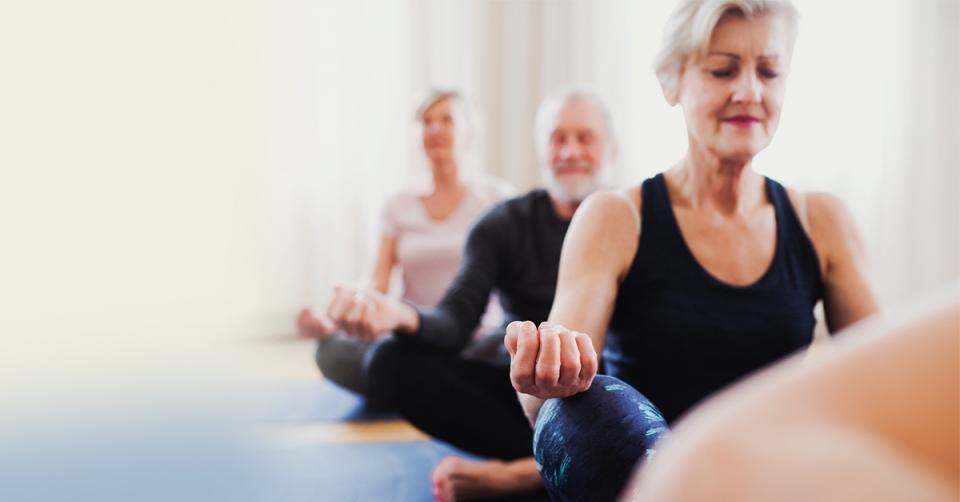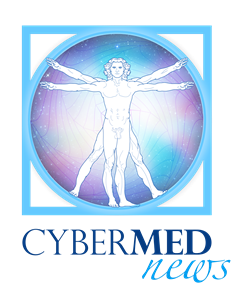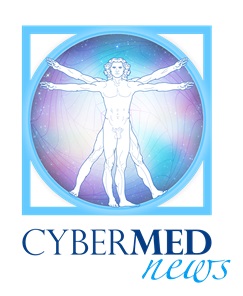 Share on Facebook
Share on Facebook

My 70-year-old uncle suffered a stroke a few weeks ago. He is doing well but struggling with his movement, balance and basic tasks. It also takes him a lot longer to process and understand things. Are there any complementary and alternative therapies that are effective for stroke recovery? — T.W., via email
The injury to the brain caused by a stroke can lead to problems with talking, seeing, thinking, remembering, moving, eating, swallowing and more. It's no wonder stroke is a leading cause of disability in adults worldwide.1
But there are a number of complementary and alternative therapies showing promise for limiting and even reversing some of the damage—especially if used in the early stages following a stroke.
Here are some of the most successful, according to the evidence.
Music therapy
Listening to music can have powerful effects on the brain and is being used as a therapy for stroke. Stroke patients who listened to the music of their choice for a few hours a day showed greater improvements in verbal memory and focused attention (the ability to control and perform mental tasks) than patients who listened to audio books or nothing at all. The music listeners also felt less depressed and confused.2
Other research shows that listening to music can help stroke survivors suffering from a condition called visual neglect, when a person fails to notice everything to one side of them,3 and it can even lead to structural changes in the brain if done soon enough after a stroke.4
Visualization
Mental practice, a form of visualization that involves repetitively rehearsing a physical skill in your mind, can help with the recovery of motor function after stroke. The mental rehearsal of movements seems to stimulate the same brain activity normally seen when people actually perform the movements. One study of stroke patients who had trouble moving their arms found that those who mentally practiced specific arm movements for 30 minutes twice a week had significant increases in arm function after six weeks compared to the control group.5
Audio recordings of mental practice exercises for motor recovery after stroke are available via www.saebo.com/saebomind.
Tai chi
Exercise in general is known to be beneficial for stroke survivors. But one type that may be especially helpful is tai chi, the traditional Chinese technique that combines deep breathing and relaxation with a series of postures that flow smoothly from one to the next. Studies suggest it can improve balance, mood, sleep, limb function and walking ability in stroke patients, as well as their ability to perform the basic self-care tasks like eating, bathing, dressing and getting around.6 One-to-one tai chi sessions tailored to your uncle's individual needs would be ideal.
Yoga
Some evidence suggests that yoga can help with stroke recovery. The mind-body technique has been found to improve balance and mobility after astroke, and it can help patients feel calmer and more connected with their body.7
Ideally, find a yoga therapist who can offer an individualized program.
Acupuncture
Another traditional Chinese technique, acupuncture is recommended by the World Health Organization as an alternative and complementary treatment for stroke. Research shows it's effective for improving balance, movement, muscle strength and general wellbeing, and it works in a variety of ways, from regulating cerebral blood flow to promoting neurogenesis, the formation of new neurons in the brain.8
To find a local acupuncturist visit www.acupuncture.org.uk in the UK or www.acunow.org in the US.
Reducing the risk
Here are some at-a-glance diet and lifestyle tips to cut the risk of suffering another stroke:
Eat at least three to five servings of fruit and vegetables a day—the more the better.1
Exercise most days of the week. Brisk walking for an hour a day five days a week can cut the risk of stroke by nearly half.2
Maintain a healthy weight, and especially watch out for abdominal fat.3
Limit alcohol to no more than two drinks per day if you drink.4
If you smoke, quit.5
Eat more whole grains, such as oats, quinoa and brown rice.6
Eat more sources of good fats, such as fatty fish, walnuts, flaxseed and chia seeds.7
Find a way to destress—psychological stress is a known risk factor for stroke.8
References
1 Neurol Neurochir Pol, 2016; 50: 265-70
2 Brain, 2008; 131(Pt 3): 866-76
3 Proc Natl Acad Sci U S A, 2009; 106: 6011-6; Brain Inj, 2013; 27: 75-82
4 Ann N Y Acad Sci, 2012; 1252: 266-81
5 Stroke, 2007; 38: 1293-7
6 Front Physiol, 2018; 9: 983
7 Stroke, 2012; 43: 2402-7; Phys Ther, 2004; 84: 33-48; Disabil Rehabil, 2011; 33: 2404-15
8 Int J Mol Sci, 2017; 18(11). pii: E2270
Reducing the risk
1 Lancet, 2006; 367: 320-6
2 Stroke, 1998; 29: 2049-54
3 Arch Intern Med, 2007; 167: 1420-7; Stroke, 2003; 34: 1586
4 JAMA, 1999; 281: 53-60
5 Arch Intern Med, 1999; 159: 733-40
6 JAMA, 2000; 284: 1534-40
7 Prev Med, 1999; 28: 520-9; JAMA, 2002; 288: 3130-6; Stroke, 1995; 26: 778-82
8 BMC Neurol, 2015; 15: 233
https://www.wddty.com/lifestyle/2020/01/alternative-therapies-for-stroke.html



